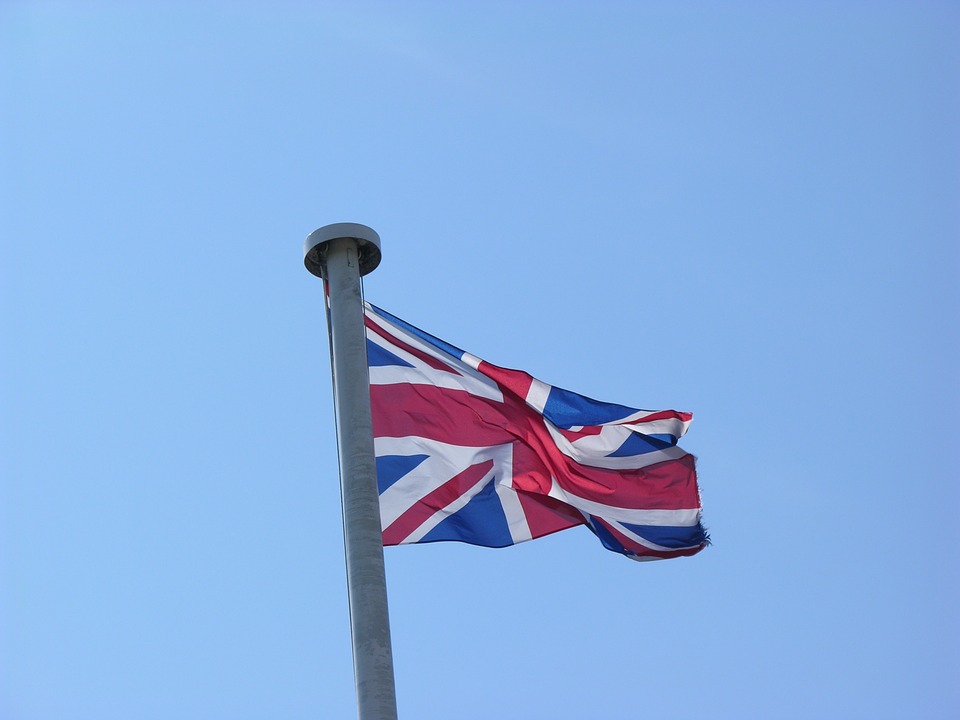Brexit could fuel N.Ireland paramilitary attacks, watchdog says

- Country:
- United Kingdom
Brexit has the potential to fuel paramilitary violence, which lingers in British-ruled Northern Ireland two decades after a peace deal, but is less significant than the current lack of devolved government, an independent watchdog said on Monday.
The 1998 Good Friday Agreement radically reduced the violence - between mainly Catholic Irish nationalists seeking union with Ireland and predominantly Protestant unionists who want to remain part of the United Kingdom - that had killed 3,600 over three decades. A rise in tensions four years ago led to the establishment of the Independent Reporting Commission (IRC) to monitor paramilitary groups.
Its second annual report found that a "situation of great complexity" had emerged because of both Brexit and the almost three-year-old suspension of the devolved, power-sharing government that the peace deal ushered in. Police on both sides of the Irish border have said Britain's impending departure from the European Union - which had guaranteed unfettered trade across the frontier - risks stoking violence among the small nationalist and unionist militant groups that remain active.
"We understand why people make that claim," the watchdog said, "but the issues surrounding paramilitarism, and why it continues to exist, long pre-date Brexit. "The real issue about the dangers for peace in Northern Ireland, therefore, is not that Brexit itself could be the direct cause of a renewal of violence, but rather that it has the potential to add fuel to the fire of continued paramilitarism."
The report said three people had been killed and 81 wounded in attacks linked to paramilitary groups in the 12 months to September, compared to one dead and 75 wounded in the previous 12 months. The IRC - whose four members were nominated by the British, Irish and Northern Irish governments to work confidentially with local communities - said it continued to believe that the greatest boost to efforts to end paramilitarism would be the return of the province's power-sharing government.
Northern Ireland has been without a devolved executive since the Irish nationalist Sinn Fein party walked out of its coalition with the pro-British Democratic Unionist Party (DUP) over a subsidy scandal.
Also Read: UPDATE 1-UK's Labour will try to amend Brexit deal legislation
(This story has not been edited by Devdiscourse staff and is auto-generated from a syndicated feed.)
ALSO READ
Finland extends Russia border closing indefinitely
SC asks Sharad Pawar faction to sensitise party workers about using name 'Nationalist Congress Party-Sharadchandra Pawar' in poll campaigns.
LS polls: Punjab police, BSF strategise to counter drug supply from across Indo-Pak border
Finland will keep its border with Russia closed until further notice over migration concerns
UP ATS arrests 3 terrorists, including 2 from Pakistan, entering India via Nepal border










